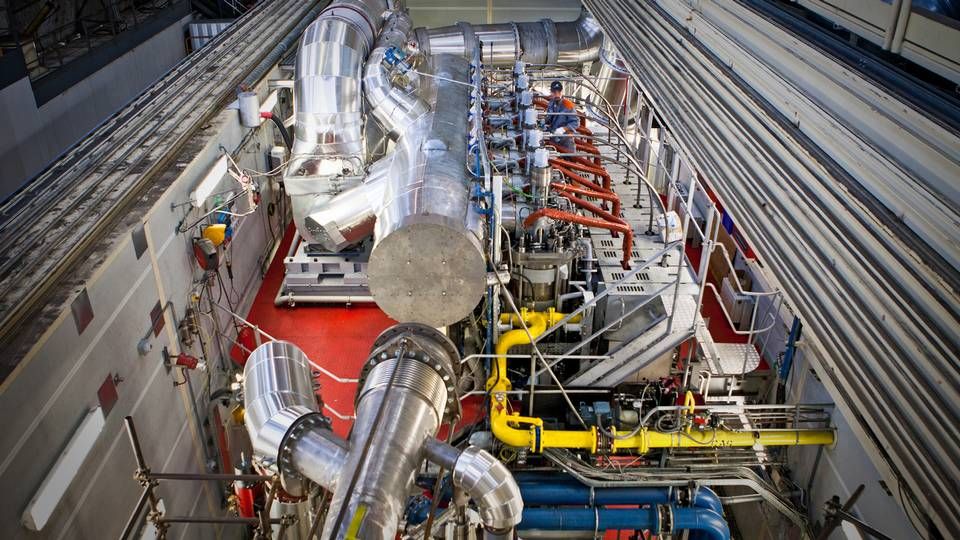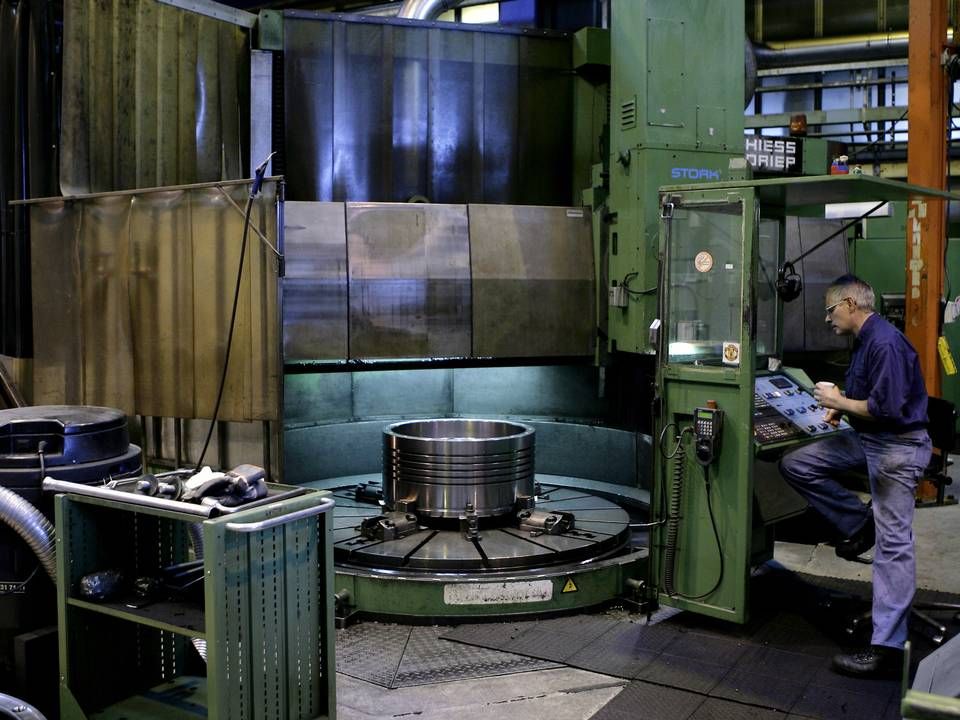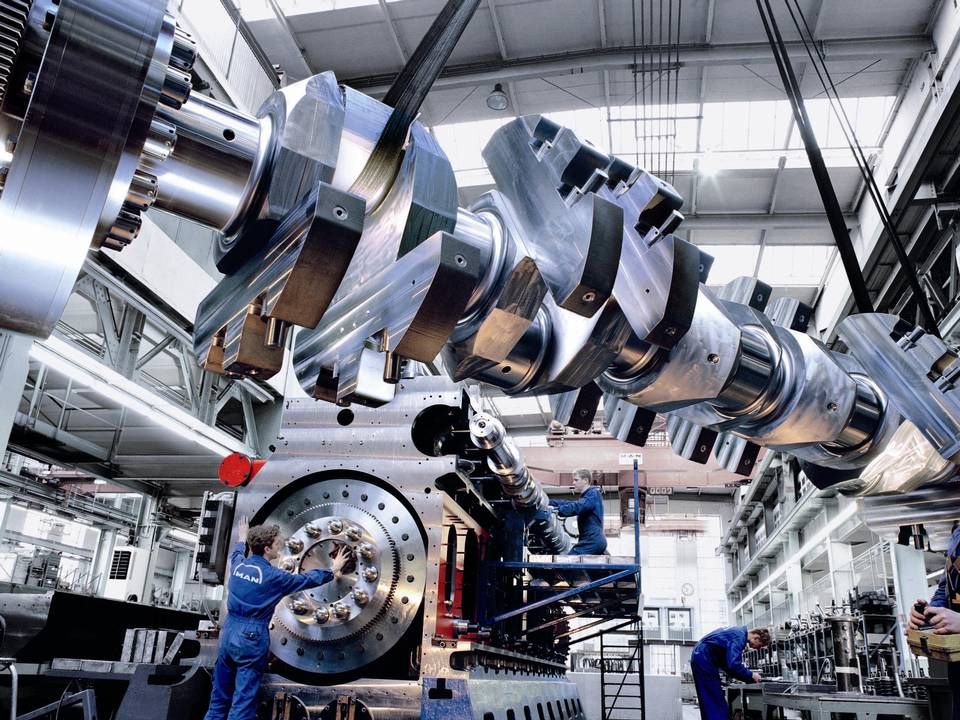Wärtsilä hit by engine-fraud scandal

Major Finnish engine producer Wärtsilä Corporation now finds itself dealing with a case which in many aspects is similar to the case revealed at the competitor MAN Diesel & Turbo in Germany.
After an internal audit of the company's global test processes, it has emerged that there are deviations between certain test results on marine engines at the Wärtsilä Delivery Centre Trieste in Italy, before the engines were shipped to customers. The deviations are on average in one percent of the fuel consumption. Out of all of the sold Wärtsilä engines, a total of two percent could be affected.
"Based on our current analysis, the deviations have been caused by a limited number of personnel, who have clearly acted against work instructions and our code of conduct by influencing the test results," the company writes.
The company further notes in an official statement that:
"These actions are in dire violation of corporate policies and the company takes the matter extremely seriously. In order to secure new and transparent processes and controls, Wärtsilä has reviewed all test procedures, and taken immediate corrective actions where deviations have been found. Consequently, we can confirm that the tests fulfil our high standards."
We deeply apologize
CEO Jaakko Eskola, Wärtsilä Corporation comments on the case:
"Wärtsilä requires all its employees to act in accordance with internal guidelines as well as laws and regulations. We deeply apologise for any loss in trust caused by this violation to our policies and corporate values, and we will immediately start reaching out to our customers."
This revelation of a fraud case involving test results at Wärtsilä arrives on the heels of the fact, that the competitor MAN Diesel & Turbo in Germany is still struggling with the aftershock from a case regarding the manipulation of test results at the factory in Augsburg.

Photo: Wärtsilä
MAN Diesel & Turbo has already confessed that, in the period from 2006 to 2011, what the company describes as "irregularities" occurred when certain engines were put to the test at the MAN Diesel & Turbo test facility in Augsburg, Germany.
MAN senior execs knew about cheating software
A ruling that the district court in Augsburg issued against MAN Diesel & Turbo in 2013 discusses these irregularities as "manipulations, which were planned and carried out with severe criminal intent." In short, when an engine was unable to meet the fuel consumption level stated in the contract with the customer, MAN was able to use an in-house developed software to make the test facility display a different result than the actual result, after which the customers would take delivery of the engine unaware of the overconsumption.
However, the Augsburg ruling does not mention whether these manipulations also occurred prior to 2006. ShippingWatch repeatedly asked MAN Diesel & Turbo about to which extent manipulations at the Augsburg test facility took place before 2006, and to every inquiry the company's response has been the same:
"MAN has also pro-actively informed all customers where indications were found in the internal investigation that they actually have potential claims against MDT based on this issue," said MAN Diesel & Turbo's head of communications, Jan Dietrich Müller, in an email to ShippingWatch.
This is MAN Diesel & Turbo's Norwegian headache
The manipulation case at MAN Diesel & Turbo is still going strong and this is mainly because of the Norwegian gas tanker carrier I.M. Skaugen. The carrier has filed a lawsuit against MAN Diesel & Turbo with a claim for damages of approximately USD 49 million, the carrier confirmed to ShippingWatch.
According to I.M. Skaugen, the claim arises from six medium-speed four-stroke engines ordered from MAN in 2000. After the engines arrived over the course of 2002 and 2003 and hit the water, it soon became apparent to the Norwegian carrier that the engines' fuel consumption was significantly higher than that promised to the Norwegian carrier by MAN.
I.M. Skaugen has, by its own account, spent vast amounts of money and time to find out why the consumption was significantly higher than what had been promised when the contracts on the engines were concluded.
Wärtsilä is hosting a teleconference Monday at 10 AM CET about the case. ShippingWatch is on the line.
Media: Diesel-gate could trigger forced sale of MAN
Related articles
Media: Diesel-gate could trigger forced sale of MAN
For subscribers
MAN engine manipulation more extensive than first assumed
For subscribers
Shipowners' association following MAN manipulation case
For subscribers





















